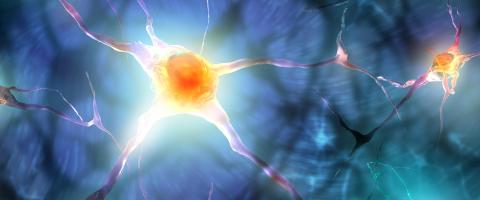
By inhibiting a previously untargeted nerve-cell receptor in the brain, researchers have discovered a new class of compounds that may be useful in the treatment of schizophrenia. In animal models of…
Read More

For people with psychosis in early stage schizophrenia, early treatment is important. Patients whose psychotic symptoms go untreated for longer periods tend to have more severe symptoms and a lower…
Read More

Second-generation antipsychotic medications like risperidone (Risperdal) and aripiprazole (Abilify) can help reduce agitation and irritability in children with autism spectrum disorders.
Read More

Researchers have discovered new clues as to how exercise beneficially impacts brain activity in young people with bipolar disorder.
Cognitive dysfunction is common among adolescents with bipolar…
Read More

People's genes may determine how they respond to medications for psychosis. In a new study published February 23, 2016 in Translational Psychiatry, researchers identified a number of naturally…
Read More


